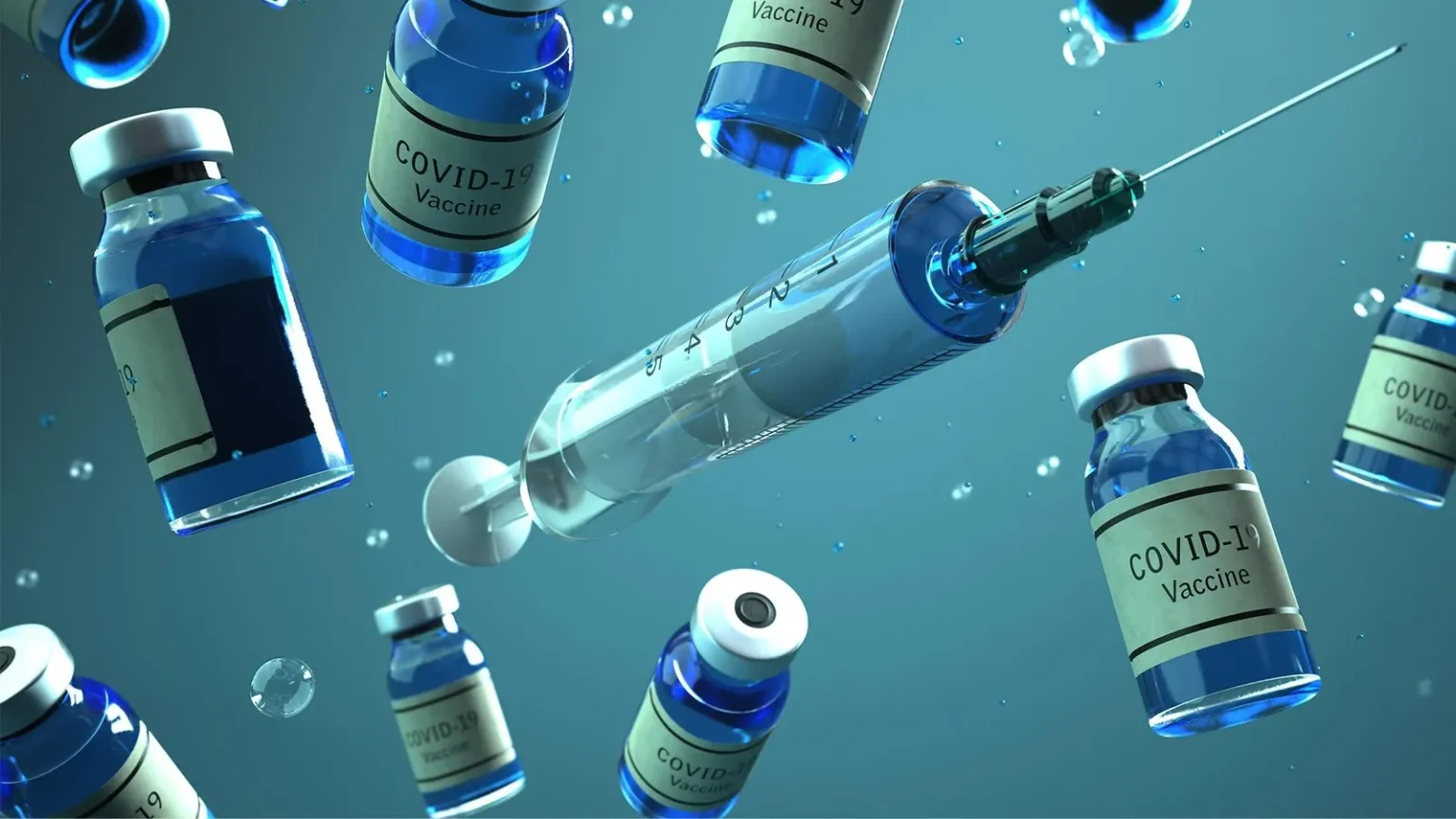The Rise and Fall of Vaccine Billionaires: How Moderna and BioNTech Fortunes Collapsed
In August 2021, the biotech world witnessed an unprecedented peak as Moderna and BioNTech reached astronomical valuations on the back of their COVID-19 vaccines. With governments worldwide eagerly purchasing their revolutionary mRNA shots, the companies’ combined market capitalization soared to an astonishing $304 billion. Moderna alone, valued at $195 billion, surpassed pharmaceutical giant Merck despite generating only a third of its revenue. This remarkable success created eight billionaires across both companies, collectively worth $116 billion. The identical twin brothers Andreas and Thomas Struengmann, early BioNTech investors, saw their fortunes climb to $31 billion each, while even Moderna’s president Stephen Hoge joined the billionaire ranks with $2.6 billion. It was a golden moment for mRNA technology, with seemingly limitless potential ahead.
But the bubble has since burst dramatically. Today, Moderna and BioNTech trade at fractions of their peak values – down 95% and 78% respectively. The wealth of their billionaire founders has evaporated in similar proportion, with the remaining five billionaires now worth just $28.8 billion combined, less than a quarter of their former glory. This collapse stems from a perfect storm of challenges: plummeting vaccination rates worldwide, governments ending their pandemic-era spending, and most recently, a political shift that has placed vaccine skeptic Robert F. Kennedy Jr. in charge of the U.S. Department of Health and Human Services. As Yaron Werber, a senior biotech analyst at TD Cowen, observed: “After the election when RFK definitively got voted in, the sector had a massive correction. And since then, every time there’s been a discussion on Covid vaccines, there’s been corrections along the way.”
The fundamental problem for both companies is their overwhelming dependence on COVID-19 vaccines despite earlier promises of diverse mRNA applications. Even before RFK Jr.’s appointment, vaccine hesitancy was mounting – by October 2022, just 34% of Americans had received a booster shot, dramatically lower than the 80% who had gotten at least one dose. The global trend followed a similar pattern, with booster uptake at only 32% compared to 67% for initial vaccinations. For the 2023-2024 season, booster rates declined further to just 23% among Americans, and only 40% among those over 65, the most vulnerable population. This translates directly to the companies’ bottom lines, with COVID-19 vaccines representing 95% of Moderna’s $3.2 billion revenue and 88% of BioNTech’s $3 billion in 2023.
The Trump administration’s healthcare policies have further undermined vaccine prospects. In August, the FDA restricted Moderna and BioNTech’s latest COVID-19 vaccines to adults over 65 or high-risk individuals, a departure from previous universal adult approvals. RFK Jr. has rapidly transformed healthcare governance, firing the CDC director and dismissing all 17 members of the Advisory Committee for Immunization Practices, replacing them with less-experienced advisors including outspoken COVID-19 vaccine critics. These changes threaten to further depress vaccination rates and company revenues. Both firms have already issued downward guidance for 2025: Moderna projects sales between $1.5-2.2 billion (potentially a 32% decline), while BioNTech forecasts $2-2.6 billion (up to a 20% drop). As TD Cowen analyst Tyler van Buren noted about Moderna, “With this rough start to the vaccine season, I’d argue that most people think they’re probably going to be at the bottom end.”
The two companies find themselves in different positions to weather this storm. Moderna appears more vulnerable, having developed its vaccine independently while BioNTech partnered with Pfizer, sharing 50% of profits but also dividing risks. Moderna depends more heavily on the U.S. market (56% of vaccine sales versus BioNTech’s 37%) and holds a smaller market share (roughly 40% compared to BioNTech-Pfizer’s 60%). The companies also made divergent financial decisions with their pandemic windfalls. Since 2021, Moderna spent $5.3 billion on share buybacks and $16.2 billion on R&D, leaving just $7.5 billion in cash reserves as of June 2024. In contrast, BioNTech maintained its $19 billion cash position while spending $8.9 billion on R&D and just $1.8 billion on buybacks. As Morningstar analyst Karen Andersen reflected, “If Moderna management had known that demand for Covid vaccines would evolve the way it has, would they have changed anything? They probably would have. I don’t think they would’ve done share buybacks.”
Looking forward, the companies are pursuing different strategies to reduce their COVID-19 vaccine dependence. BioNTech, originally founded by oncologists, is pivoting back to cancer treatments. They acquired Chinese biotech Biotheus for $800 million to gain their cancer immunotherapy antibody BNT327, and partnered with Bristol Myers Squibb in a deal worth $1.5 billion upfront plus profit sharing. Moderna remains primarily focused on respiratory vaccines, including its RSV vaccine that generated just $27 million since its May 2024 approval. William Blair analyst Myles Minter noted, “RSV was long considered to be a blockbuster franchise, [but] what we’ve seen is a very, very restrictive recommendation.” Despite these diversification efforts, both companies remain vulnerable to political winds. As Leerink Partners analyst Daina Graybosch aptly summarized: “If Trump wakes up and decides he’s going to get a Nobel prize for Project Warp Speed and fires RFK, I’m sure the stock will go up.” For companies that rode unprecedented government support to stratospheric heights, their futures now hang on similarly unpredictable political forces.


